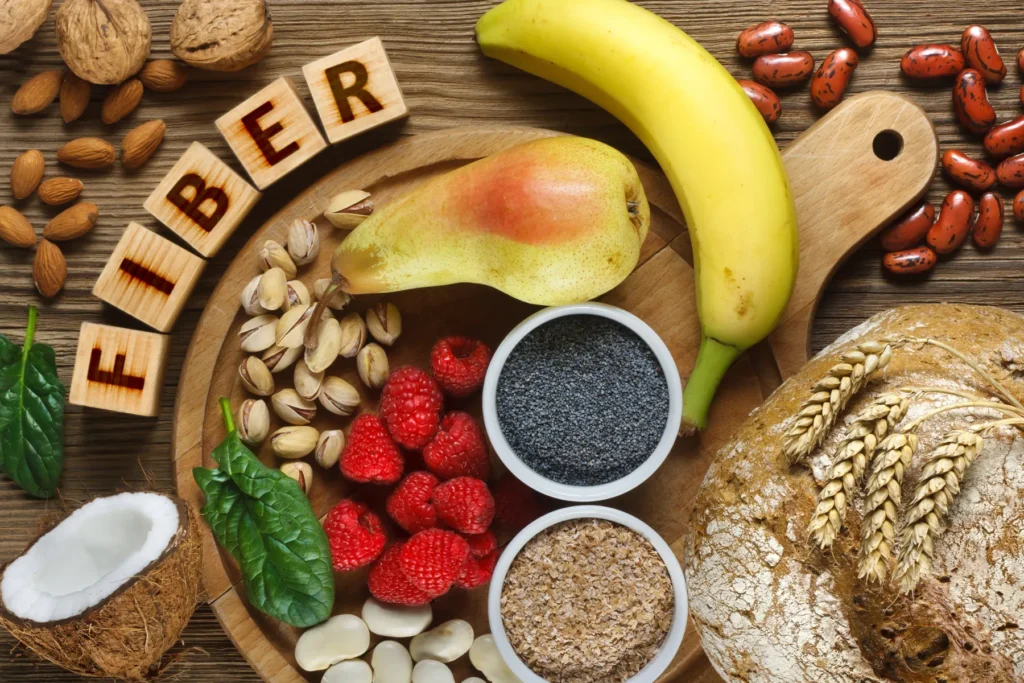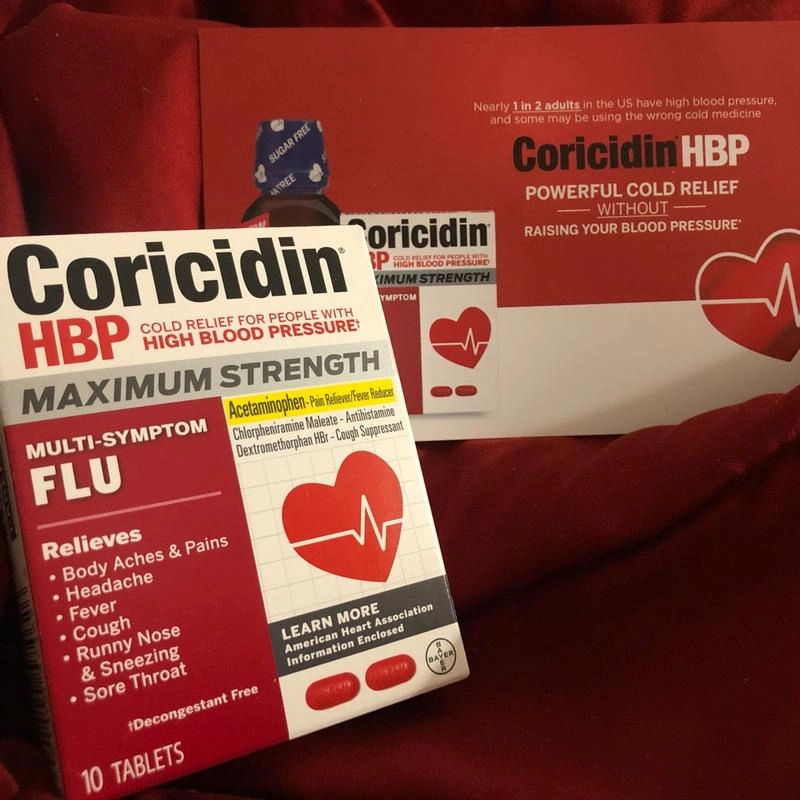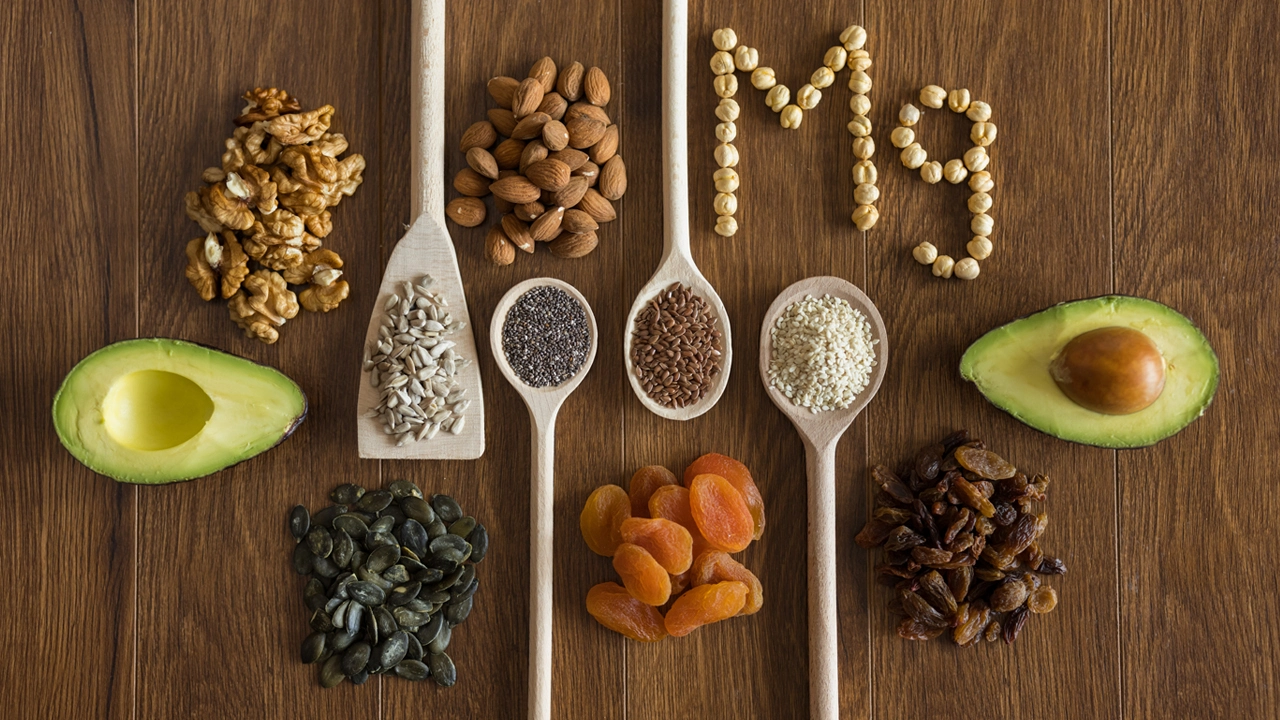Do you want to know the importance of fiber Intake? if yes, then let’s take you through 10 wonderful benefits of making fiber an ideal class of food for your consumption.

10 Health Benefits of Fiber
The 2020-2025 Dietary Guidelines for Americans state that you should eat 28 to 34 grams of fiber daily, which is plenty.
You are missing many health benefits, though, if you are among the 90–97% of Americans failing this criteria. These ten advantages of fiber should inspire you to raise your consumption.
1. Healthy Weight Loss
Increased dietary fiber can help you lose weight. A 2019 study published in The Journal of Nutrition found that participants on calorie-restricted diets who increased their fiber intake and exercised for 90 minutes per week lost identical amounts of weight, independent of diet type.
This shows that fiber, rather than calorie restriction, plays an important role in weight management, as fiber-rich foods help you feel fuller faster and stay content for longer.
2. Weight Control
Though further research is needed, a 2023 study in Frontiers in Nutrition found that people who eat more fiber is likely to have a slimmer physique. Those who increased their fiber consumption following weight reduction weighed less than those who consumed less fiber.
3. Reduced Type 2 Diabetes Risk
A 2020 study in the Journal of Diabetes Investigation connected higher dietary fiber consumption to a lower risk of type 2 diabetes. While prior studies revealed that insoluble fiber was the most effective, this study discovered that a combination of soluble and insoluble fiber was related with improved diabetes prevention.
The reasons are unclear, but fiber can help manage blood glucose, promote gastrointestinal health, and reduce inflammation.
4. Lower Risk of Heart Disease
A 2022 study published in BMC Public Health found that higher fiber intake is associated with a decreased risk of cardiovascular disease (CVD).
While the precise processes are unknown, soluble fiber may lower cholesterol absorption in the intestines, with dietary fiber also helping to reduce inflammation associated with CVD.
5. Formation of Healthy Intestinal Flora
A 2022 review in Animal Nutrition found that fiber fermentation in the gastrointestinal tract produces short-chain fatty acids, which can reduce inflammation and promote health.
Notably, changes in gut bacteria can occur within a few days of increasing fiber intake, but constant consumption is required to maintain these advantages.
6. Lower Risk of Certain Cancers
While data differs, numerous studies suggest that increasing fiber consumption may reduce the risk of various malignancies, including colorectal and breast cancer.
A 2020 review in The American Journal of Clinical Nutrition discovered a correlation between fiber from whole grains and lower colon cancer risk, while another study revealed high associations between soluble and fruit fiber and lower breast cancer risk.
7. Longer life
A 2022 review in the Journal of Translational Medicine found that enough fiber consumption is linked to a lower risk of early death from a variety of illnesses, including heart disease and cancer. This shows that a high-fiber diet may have preventive effects even in the presence of these diseases.
8. More Regular Bowel Movements
Fiber can help with constipation, which is common in the United States. It makes feces softer and thicker, making them easier to pass.
A 2020 review in the Journal of the American Association of Nurse Practitioners found that psyllium fiber is especially beneficial for persistent constipation. Drinking plenty of water and eating a high-fiber diet improves digestive health.
9. All-natural Detox
Rather than relying on juice cleanses, fiber helps the body detox naturally. Soluble fiber absorbs harmful chemicals, such as excess estrogen and unhealthy fats, but insoluble fiber accelerates the elimination process, shortening the time poisons like BPA and pesticides remain in your system.
10. Strong Bones
Certain soluble fibers, known as prebiotics, can help the colon absorb minerals like calcium, increasing bone density. According to a 2018 review in Calcified Tissue International, prebiotics present in fruits, vegetables, nuts, and whole grains can help promote bone health.
Fiber is crucial for overall health. By include a variety of fruits, vegetables, nuts, seeds, legumes, and whole grains in your diet, you can easily achieve your fiber requirements while also lowering your risk of chronic disease.






